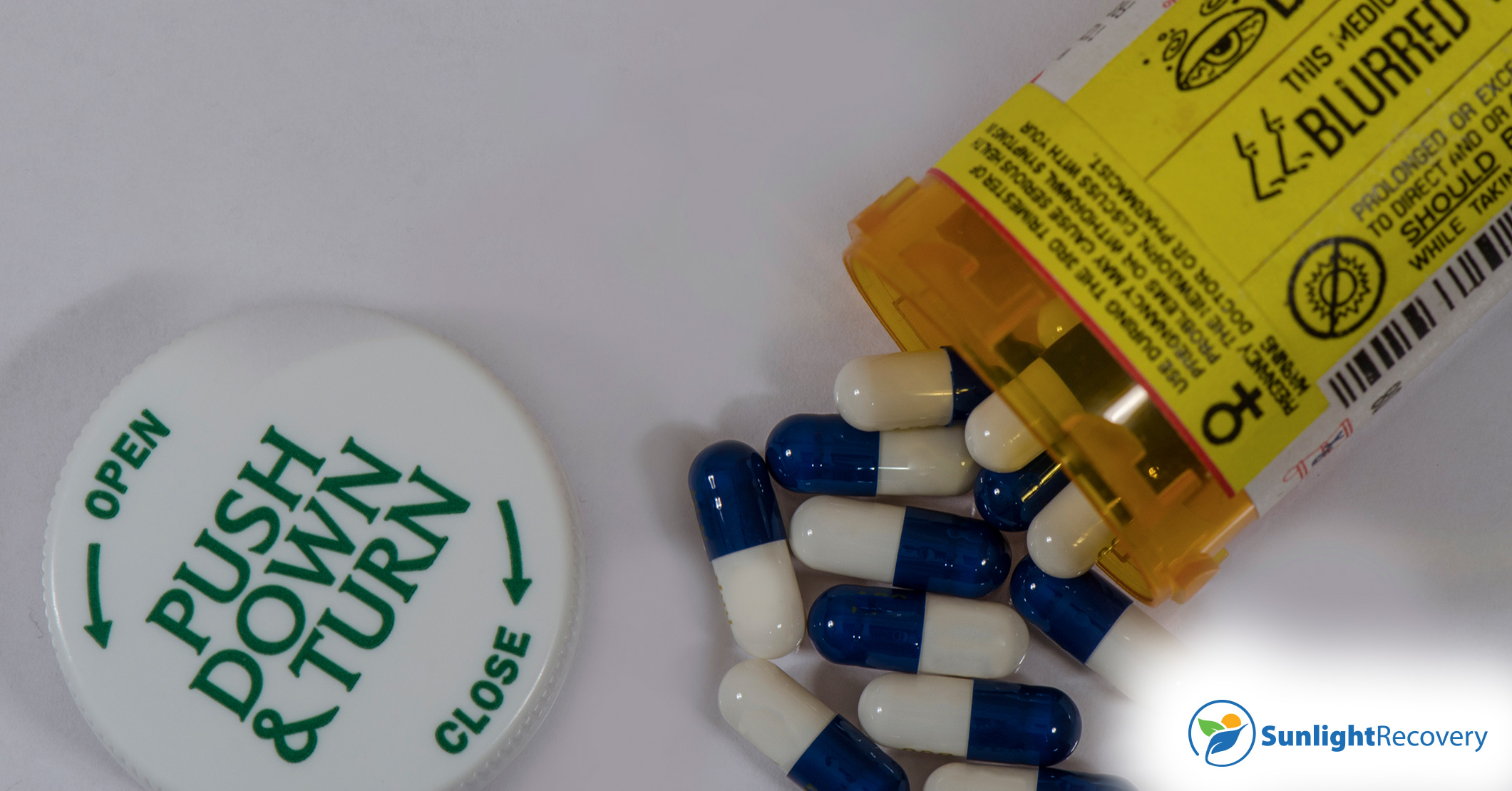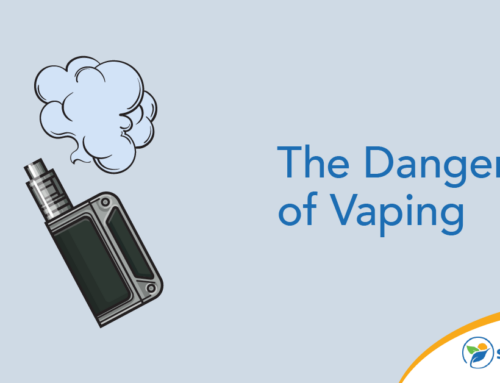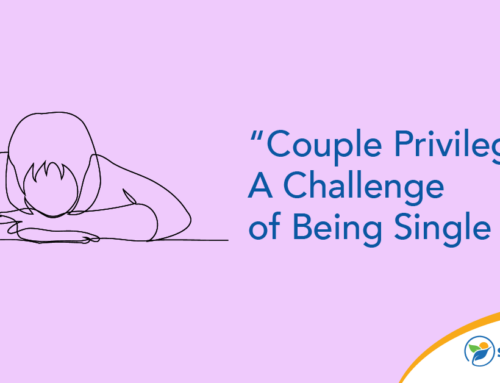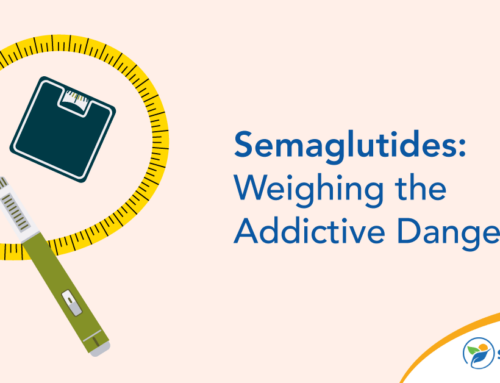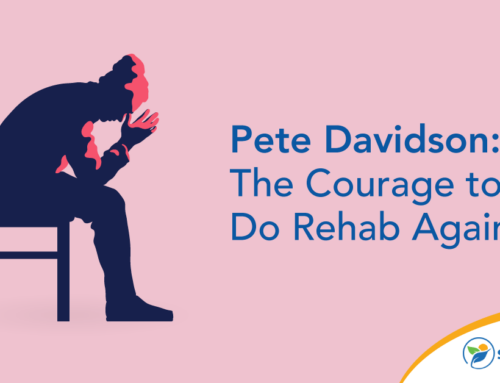Duloxetine — Cymbalta’s generic name — is a medication commonly prescribed for individuals grappling with depression and anxiety. However, like any medication, it has potential side effects. While your doctor will only prescribe medications when they feel the benefits outweigh any risks, it’s still important to know common Cymbalta side effects before you start a new prescription.
Medicinal Purposes of Cymbalta
Cymbalta is an antidepressant approved to treat major depressive disorder (MDD) and generalized anxiety disorder (GAD). It’s also approved for use in patients with certain types of chronic pain, including diabetic peripheral neuropathic pain, chronic musculoskeletal pain and fibromyalgia.
Depression is more common than you might expect. According to a 2021 survey conducted by the National Institute of Mental Health (NIMH), an estimated 21 million adults aged 18 or older had at least one major depressive episode (MDE) that year, with 61% of these individuals receiving treatment for their MDEs. The prevalence of those seeking treatment for MDEs underscores the importance of medications like Cymbalta.
Common Cymbalta Side Effects and Their Impact
Most medications have a range of possible side effects. The most common side effects of Cymbalta include:
- Constipation
- Decreased appetite
- Diarrhea
- Dizziness
- Drowsiness or tiredness
- Dry mouth
- Headache
- Heartburn
- Increased sweating, including night sweats
- Increased urination
- Muscle cramps or pain
- Nausea
- Sexual dysfunction in both sexes
- Stomach pain
- Tremors within part of the body
- Vomiting
- Weight changes
While these effects are to be expected, your body will adjust to the medication, and most of them should subside after you’ve been taking Cymbalta for a week or two. However, sexual disruption and a rise in blood pressure may not improve over time. While Cymbalta side effects may be bothersome, the relief provided from depression or anxiety that disrupts daily life often outweighs the temporary discomfort.
Not everyone experiences all side effects, and the intensity can vary from person to person. It’s crucial to speak with your doctor if you experience severe or persistent side effects so they can determine whether to discontinue the prescription.
Lesser-Known Side Effects of Cymbalta
In addition to the common ailments, rarer but more serious side effects can occur. Because some lesser-known side effects can be extreme and even potentially life-threatening, it’s vital that you be aware of them. These include:
- Agitation
- Blisters or peeling skin
- Confusion
- Dark-colored urine
- Difficulty breathing or swallowing
- Difficulty urinating
- Extreme tiredness or weakness
- Fever
- Flu-like symptoms
- Hallucinations
- Irregular heartbeat
- Itchiness
- Loss of appetite
- Rash or hives
- Seizures
- Severe muscle stiffness or twitching
- Swelling of the abdomen
- Swelling of the face, throat, lips and tongue
- Unsteadiness while walking
- Unusual bruising or bleeding
- Yellowing of the eyes or skin
Although these side effects are considered rare, it’s crucial to remain aware of them. Adults younger than 24, teens and children may also experience an increase in suicidal thoughts or worsening depression.
According to the National Alliance on Mental Illness (NAMI), there are no known issues from long-term use of Cymbalta, making it safe and effective when used as directed. Always discuss any new or concerning symptoms with your doctor.
Signs of Cymbalta Withdrawal
You should never stop taking this medication without consulting your doctor, as suddenly stopping use may cause withdrawal. Duloxetine withdrawal symptoms can include:
- Anxiety
- Burning, numbness, pain or tingling in the hands or feet
- Diarrhea
- Difficulty falling or staying asleep
- Dizziness
- Headache
- Irritability
- Nausea
- Nightmares
- Sweating
- Tiredness
- Vomiting
It’s also possible to experience Cymbalta withdrawal symptoms when your doctor decreases your dosage. Be sure to mention if you experience any of the above symptoms or other new or unusual symptoms you’ve never had before.
Tips and Strategies for Managing Cymbalta Side Effects
Many side effects of Cymbalta may be manageable using specific strategies to combat discomfort. Use these practical tips to manage side effects to help you adhere to your prescription and maintain your overall well-being.
- Stay hydrated. Consume plenty of water to help combat dry mouth. Staying hydrated also helps you avoid dehydration if you’re experiencing diarrhea or vomiting.
- Eat a fiber-rich diet. Add fiber-rich foods, such as whole grains, fruits and vegetables, to your diet to help with constipation. Taking a fiber supplement may also help if dietary changes aren’t enough to improve digestive tract functioning.
- Get regular exercise. Engage in regular physical activity to help alleviate drowsiness and weight changes.
- Avoid spicy or rich foods. Keep meals simple to avoid upsetting your stomach and potentially increasing nausea, diarrhea and/or vomiting.
- Take with food. Unless otherwise directed, take Cymbalta with food to avoid stomach upset that can lead to nausea or vomiting. Eating smaller, more frequent meals may also help combat nausea.
- Avoid caffeinated beverages. Unless otherwise directed, take Cymbalta in the morning to prevent issues with insomnia. Avoiding foods and drinks containing caffeine late in the day can also help prevent problems with falling or staying asleep.
- Take medication at bedtime. For those experiencing dizziness, instead of having trouble sleeping, taking Cymbalta at night with your doctor’s approval may help improve this symptom. Other tips include drinking plenty of fluids and avoiding caffeine, alcohol and tobacco.
- Practice mediation. Deep-breathing exercises, yoga and meditation may help counter anxiety, agitation or restlessness caused by the stimulating effects of antidepressants. Alternately, physical activity, such as aerobics, biking or jogging, may help improve your ability to relax.
Over the course of your journey with Cymbalta, it’s important to remember that you’re not alone. Many individuals have found relief from depression, anxiety and chronic pain with this medication. Learning to manage any side effects you might experience helps you reap the benefits of Cymbalta without negative impacts interrupting your usage.
In addition to your medication, counseling or therapy is often part of your treatment plan for depression or anxiety. We provide multiple treatment options at Sunlight Recovery in beautiful Boca Raton, Florida. Contact our team of 24/7 on-call mental health professionals and let us help you get back on the path to healthy living.


